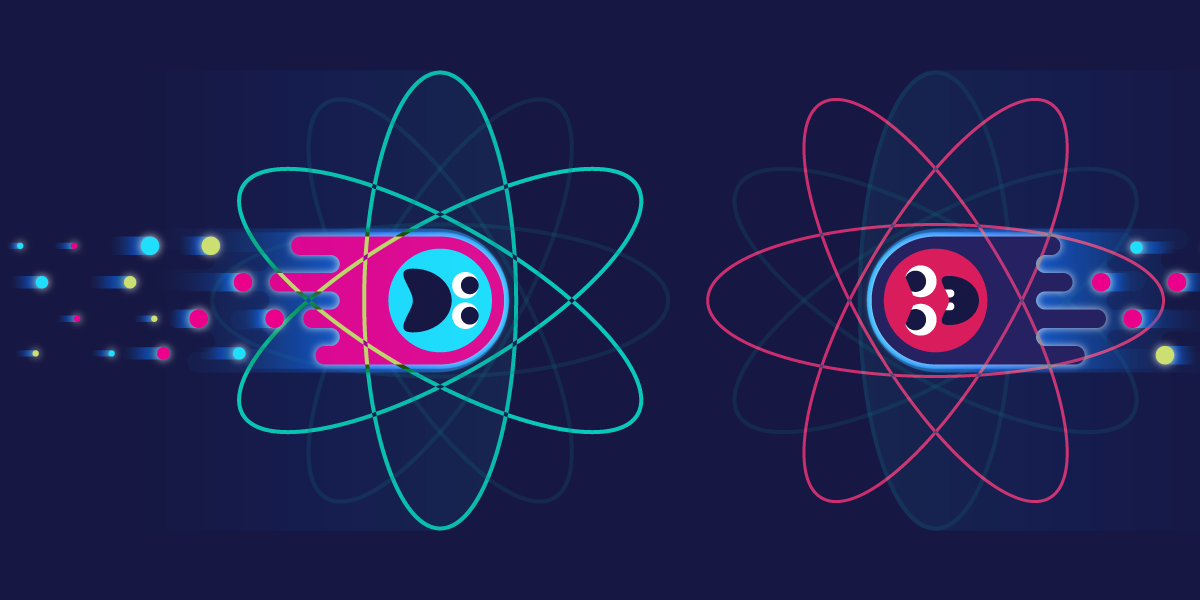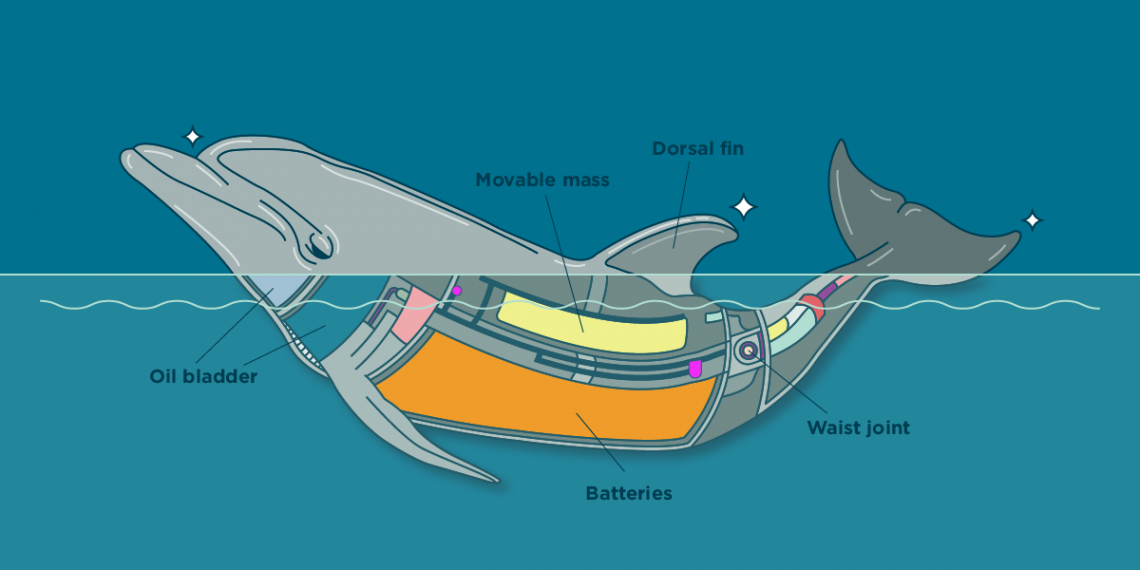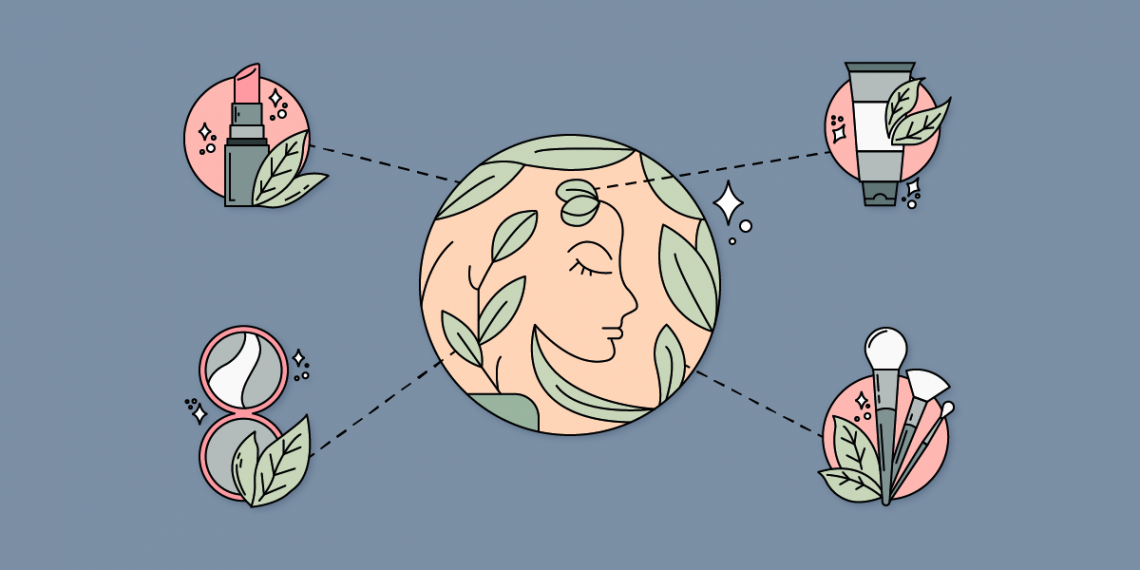Reading about how physicists talk about quantum phenomena can be confusing sometimes. But all we really want to understand is the basic effects of quantum theory on our everyday lives, and how innovations in this field are going to shape our future. For starters, let’s explain briefly what quantum technology is.
Quantum technology relies on harnessing and exploiting the laws of quantum mechanics. What quantum theory does is zooming in on atoms and subatomic particles that comprise the matter. Unlike classical physics which relies on gravity, Newton’s laws of motion and the like, quantum particles have their own rules. Because these particles behave quantumly, we have to mention two fundamental principles explaining such behavior:
1. Superposition
2. Entanglement
These are the two quantum principles responsible for the biggest developments in quantum technology so far. By the standards of everyday physics, these characteristics may seem strange, but quantum physics is not magic. It is being researched under strict rules and principles of mathematics. Some of these quantum systems found their everyday application, and the other ones are paving their way to it. The limits of quantum mechanics are only to be imagined because we are finally learning to control quantum entanglement and quantum superposition.
Some of the technologies we use every day owe their existence to our understanding of quantum physics. Let’s name a few quantum technologies already in use:
-
Nuclear power – Quantum theory is needed for understanding nuclear structure. The constituent particles of the nucleus – protons, and neutrons – attract one another strongly by the nuclear forces and their collision creates nuclear energy.
-
Atomic clock – Network time is kept by atomic clocks. They use the electronic transition from one state to another as their ‘pendulum’ to produce an extremely stable and repeatable “tick”.
-
Lasers – Today, lasers are the solution for countless problems in science, medicine, and everyday technologies.Their development was based on Einstein’s quantum theory of radiation and later developments in stimulated emission.
-
Magnetic resonance – If you ever had an injury and took the MRI scan, you should know that all of that was possible thanks to the developments in nuclear magnetic resonance and the quantum theory of “spin” angular momentum.
-
Semiconductors – Semiconductivity is a quantum mechanical phenomenon. Quantum effects lie on the basis of semiconductivity and solid–state transistors which led to a true electronic revolution and mass production of classical computers.
- Television – A flat-panel television has what’s known as an LED-backlit display. This uses an energy–efficient light source known as a light–emitting diode.
The list can go on… But, even though the existing technologies based on quantum physics can be further developed and raise the limits known today, there are certain promises of quantum theory that will transform the world as we know it. Future innovations in quantum field:
-
Quantum computers – The information in ordinary computers takes the form of binary digits (bits) that can only have two states: 0 or 1. The superposition of quantum bits (qubits) allows it to store 0, 1, and a combination of both values simultaneously – using the superpositions of these two states. Quantum computing is currently the hottest topic among investors because this means it has an incredible potential in terms of speed and efficiency compared to classical computers. Nevertheless, there is much work to be done before quantum computers hit the market.
-
Cybersecurity – First of all, the entanglement of quantum particles is a great way of improving cybersecurity. Enhancement of tcommunication security with quantum protected cipher keys is possible when entangled atoms are used to detect whether something is interfering with data transmission. Also, calculating the factors of a very (let’s say 500 digits) large number is considered impossible for any classical computer. The very fact that factoring in big numbers is difficult even for the best computers in the world today is the basis for present-day cryptography.
-
Quantum simulators – In 1982, a famous physicist Richard Feynman proposed a simulation of quantum systems. It will allow us to understand the interactions between atoms and molecules. Quantum computers will provide us the opportunity to study quantum physics itself in a way that wasn’t possible before. It may, for example, be used for modeling the drug molecule behavior and for designing novel materials for more efficient batteries or energy… you name it.
-
Quantum teleportation – The transfer of information from one particle to its entangled counterpart is quantum teleportation. The connection between entangled pairs of particles has a minimum amount of entanglement needed to successfully perform quantum teleportation. Researchers have performed many demonstrations of this and by 2017, one research group had teleported a photon from Earth to a satellite orbiting 1400 kilometers overhead. Quantum teleportation is also the center of plans for a quantum internet.






